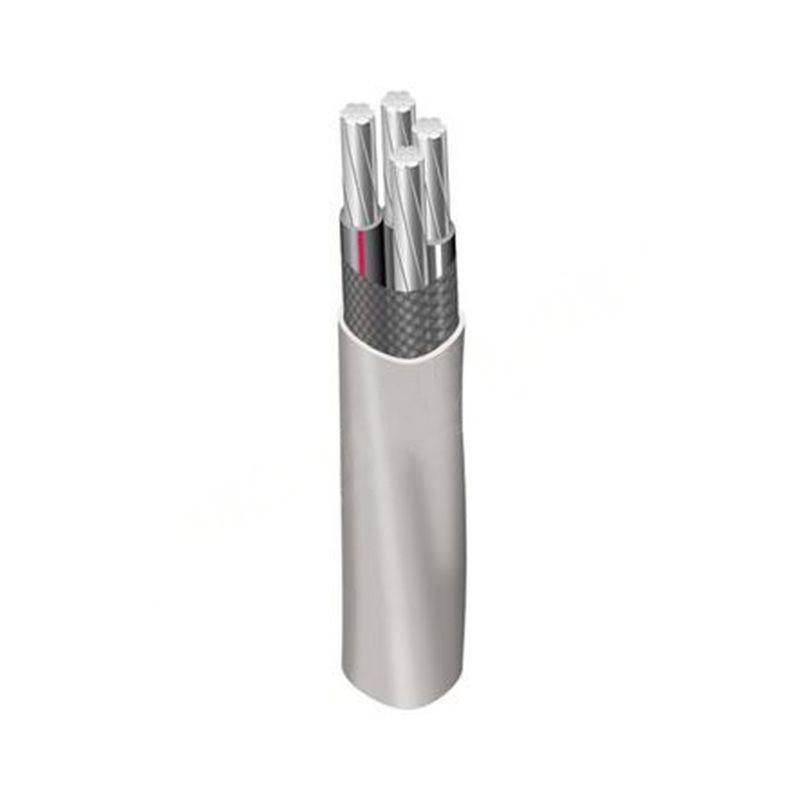10 月 . 20, 2024 16:45 Back to list
floating ball check valve
Understanding Floating Ball Check Valves Mechanism and Applications
A floating ball check valve, a crucial component in fluid control systems, is designed to prevent backflow and ensure the unidirectional flow of liquids or gases. Its functionality hinges on a simple yet effective principle the use of a floating ball that responds to pressure differentials in the system. In this article, we will explore the working mechanism, advantages, applications, and maintenance of floating ball check valves.
Mechanism of Operation
The floating ball check valve consists of a ball that is held in place by a seat. As fluid flows through the valve in the intended direction, the pressure pushes the ball away from the seat, allowing the fluid to pass through. When flow reverses or decreases, the ball is free to float back and sit on the seat, thereby sealing the valve and preventing any backflow. This design inherently enables the valve to function with low-pressure drops and ensures reliable sealing, which is crucial in many applications where reverse flow could lead to system failures or contamination.
Advantages of Floating Ball Check Valves
1. Simplicity and Reliability The straightforward design of floating ball check valves reduces the number of moving parts, which minimizes the chances of failure. Their reliability makes them suitable for various industries, including water treatment, chemical processing, and HVAC systems.
2. Low Pressure Drop Unlike other types of check valves, floating ball check valves primarily induce a low-pressure drop when fluid passes through them. This efficiency is beneficial in systems where maintaining pressure is vital.
3. Versatility These valves can handle a wide range of fluid types, from water and oils to more corrosive liquids, depending on the materials used in their construction. This versatility allows for integration into diverse systems.
4. Maintenance-Free Due to their design, floating ball check valves generally require minimal maintenance. As long as they are not subjected to extreme conditions outside their specifications, they can function effectively for long periods without the need for inspection or servicing.
Applications
Floating ball check valves find applications across various industries
floating ball check valve

- Water and Wastewater Treatment In water treatment facilities, these valves prevent backflow from the distribution system, ensuring that treated water does not contaminate the source water.
- Pumping Stations By preventing backflow in pumping stations, floating ball check valves protect pumps from damage and enhance operational efficiency.
- Mechanical and HVAC Systems These valves are common in heating, ventilation, and air conditioning systems, where they maintain proper fluid flow and pressure balance.
- Chemical Processing In the chemical industry, the ability to handle different liquids safely makes floating ball check valves ideal for transporting and processing various chemicals.
Maintenance Considerations
While floating ball check valves are relatively low maintenance, certain factors should be monitored to ensure longevity and performance
1. Regular Inspections Though maintenance needs are minimal, periodic inspections are necessary to check for any signs of wear or damage that could affect performance.
2. Debris Management Ensuring that the fluid passing through the valve is free from debris or particulates will help maintain proper functionality and prevent the ball from sticking.
3. Proper Installation Correct installation is crucial. Floating ball check valves should be positioned in a way that allows for the free movement of the ball, ensuring proper sealing and function.
Conclusion
Floating ball check valves play a vital role in maintaining the integrity and efficiency of fluid systems across various industries. Their simple yet effective design, combined with their advantageous characteristics, positions them as a preferred choice for engineers and system designers. As industries continue to evolve, the importance of efficient fluid management and backflow prevention will likely keep floating ball check valves in demand for years to come. Understanding their operation, advantages, and applications helps in making informed decisions regarding their use in any system.
Share
-
Understanding the Differences Between Wafer Type Butterfly Valve and Lugged Butterfly ValveNewsOct.25,2024
-
The Efficiency of Wafer Type Butterfly Valve and Lugged Butterfly ValveNewsOct.25,2024
-
The Ultimate Guide to Industrial Swing Check Valve: Performance, Installation, and MaintenanceNewsOct.25,2024
-
Superior Performance with Industrial Swing Check Valve: The Essential Valve for Any SystemNewsOct.25,2024
-
Industrial Swing Check Valve: The Ideal Solution for Flow ControlNewsOct.25,2024
-
You Need to Know About Industrial Swing Check Valve: Functionality, Scope, and PerformanceNewsOct.25,2024